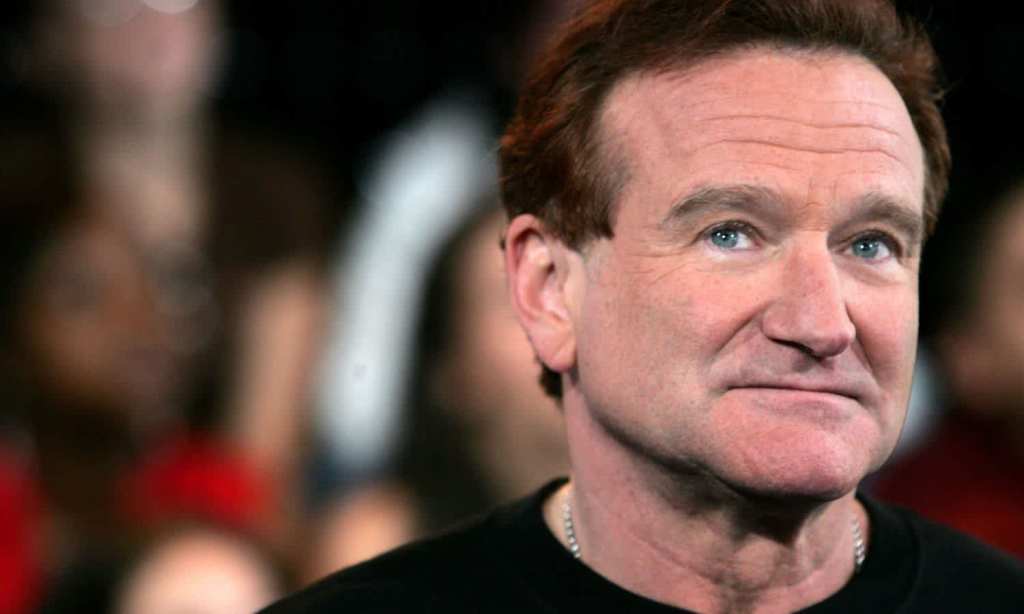I remember exactly where I was August 2014 when I found out Robin Williams had died: outside Sydney’s Town Hall station, standing in front of the Woollies. A news headline on my phone read: “Robin Williams: Actor found dead aged 63.”
I texted my dad and brother immediately. Like so many other 90s kids, my brother and I had grown up on Robin Williams’ movies. We had VHS tapes of Mrs Doubtfire and Jumanji that we’d pop into the player to watch again and again. We must’ve seen each of those movies over 30 times.
Williams was a genius. Whether it was his role in dramas like Good Will Hunting, One Hour Photo or Dead Poets Society or in comedies like The Birdcage or Aladdin, he never seemed to be acting – every role seemed to just be him. He brought a certain warmth to the screen – like if you were to ever run into him, he’d constantly be cracking dad jokes. Or, in his signature playful way, making sure everything was okay.
Which was exactly why, for fans around the world, Williams’ suicide came as such a shock. Suicide. The man who had made everything okay had been himself not okay.
Of course, immediately after his death, rumours about what led to it began swirling – the main being that it had been prompted by his drinking. News outlets made note of the fact Williams had struggled with depression and addiction in the past and, only a month before, had entered a rehab centre in Minnesota.
Now, though, his widow Susan Schneider Williams is setting the record straight – both in a new film called Robin’s Wish, directed by Tylor Norwood (The United States of Detroit, Paper Tigers), and in an interview with The Guardian published this week.
In the chat, Schneider Williams reveals that Williams in fact had a neurodegenerative disorder called Lewy Body Dementia (LBD), which increases anxiety and self-doubt and causes delusions.
“There were so many misunderstandings out there about what happened to him, and about Lewy bodies,” Schneider Williams said. “So this [the movie] felt like the right thing to do.”
Later, she added: “It infuriated me when the media said he’d been drinking, because I know there are recovering addicts out there who looked up to him, people dealing with depression who looked up to him, and they deserve to know the truth.”
Schneider Williams went on to say that while Williams had been diagnosed with Parkinson’s, he never had a medical explanation for the paranoia, delusional looping, mild depression and anxiety. Eventually, his behaviour had gotten so extreme, he and Schneider Williams had decided he visit a neurocognitive testing facility. Sadly, a week before he was scheduled for the appointment, he killed himself.
“I think he didn’t want to go,” Schneider Williams explained. “I think he thought: ‘I’m going to get locked up and never come out.’”
The full-length documentary will feature interviews with Williams’ former colleagues, as well as shed light on LBD through interviews with scientists and medical experts.
One review of the film reads: “It’s a tough watch: viewers learn of the disturbing effect of LBD on the human body and listen to sombre reflections from his loved ones, who felt something was wrong but were not entirely sure what.”
While Robin’s Wish doesn’t yet have an Australian release date, you can watch its trailer here:
If you or someone you know needs help, please contact BeyondBlue on 1300 224 636 or Lifeline on 13 11 14.
Read more stories from The Latch and follow us on Facebook.

